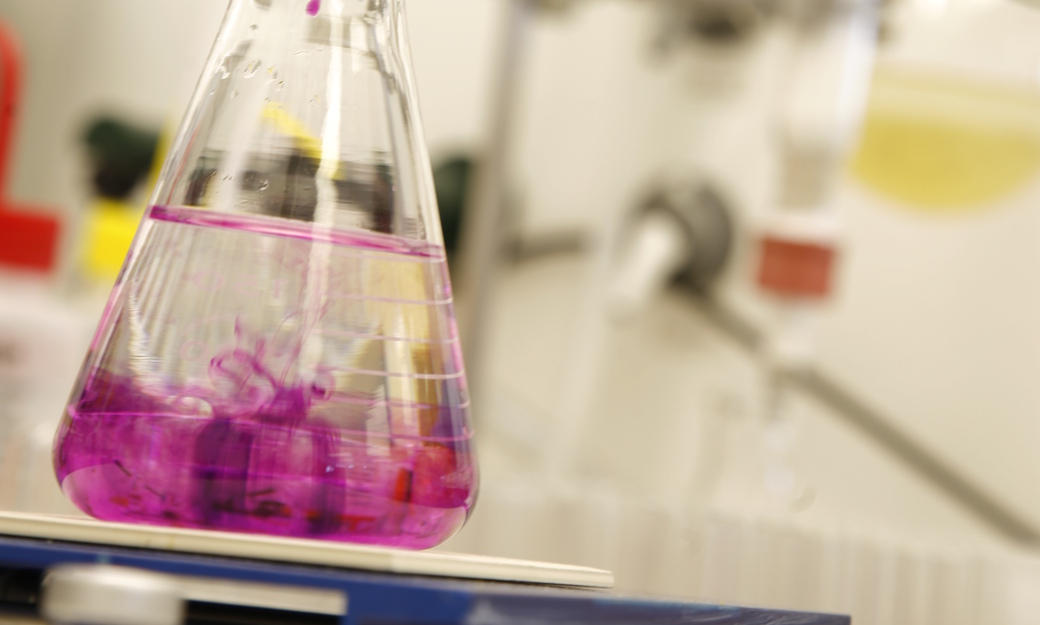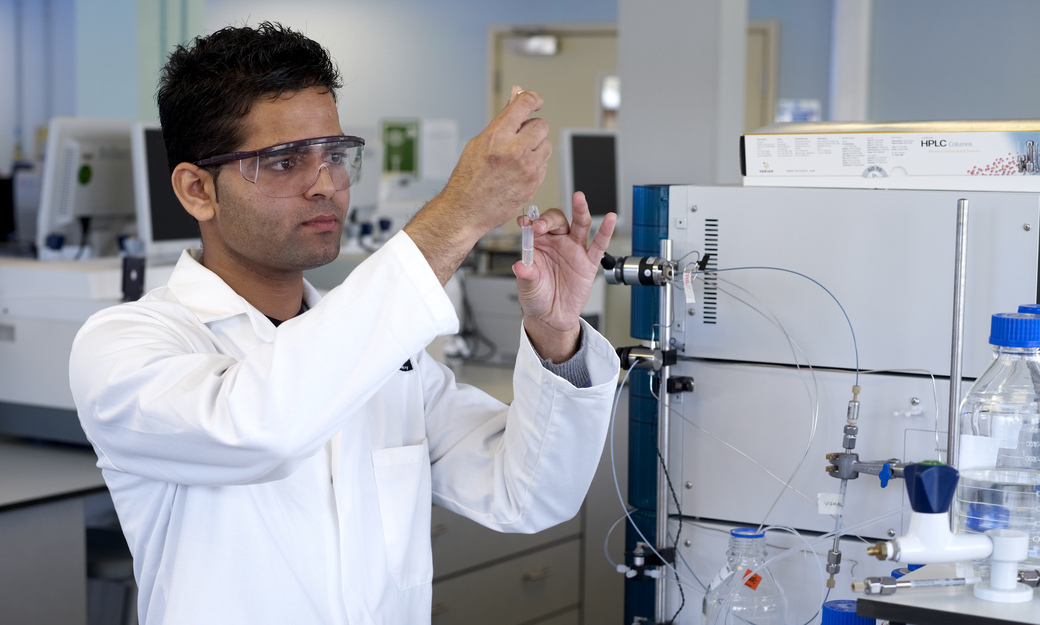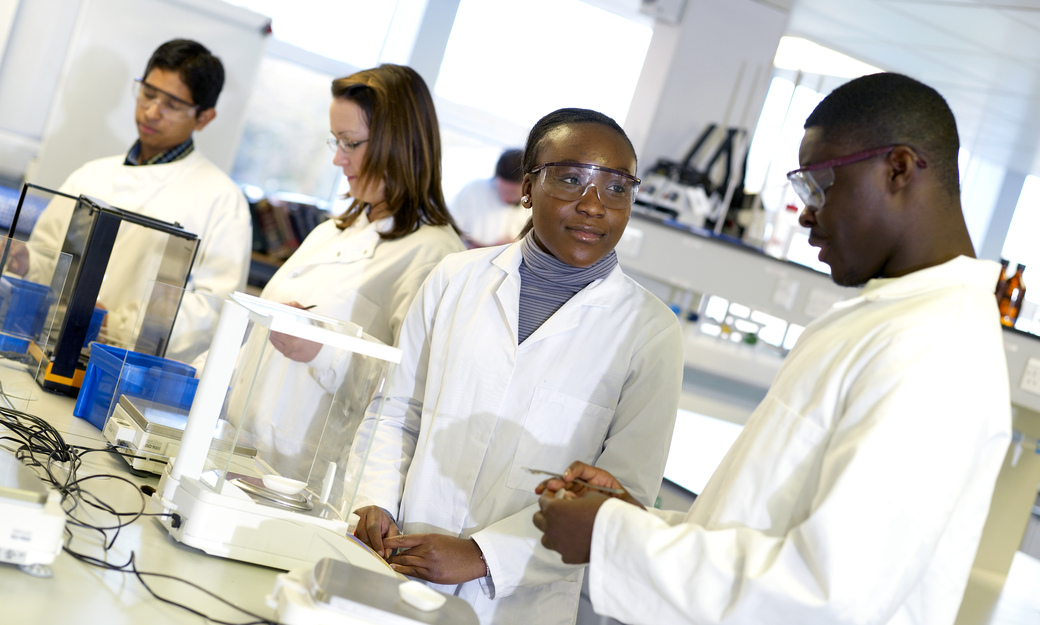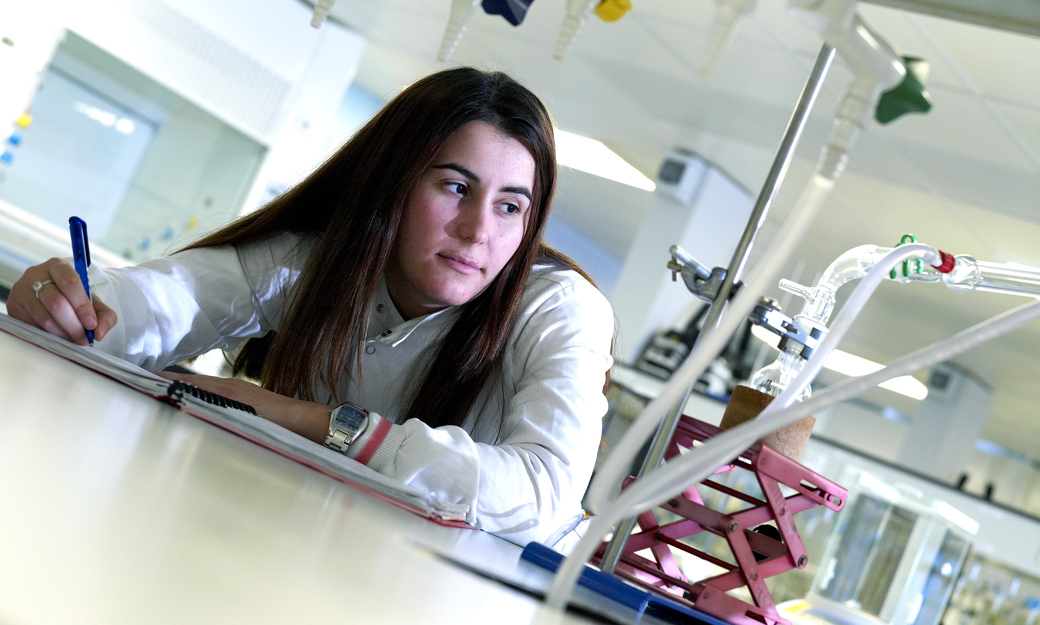Biosciences

Hello Everyone!
Welcome to the Biosciences resources page.
Here you will find out exactly what our academics are looking for in their students, including skills they look out for, some of the topics they want you to know, recommended reading and useful places to boost your knowledge.
So without further ado let's get started!
Skills we are looking for
- Able to prepare documents in Word, including embedding images and creating tables within it, and view/edit tracked changes
- Should be able to use simple functions in Excel, such as sum, average, standard deviation, student t-test, and plot and label graphs in different formats
- Students should be able to use PowerPoint to create presentation slides

Topics to explore before you start
- The basic building blocks of living cells (i.e. the central dogma)
- How cells are powered (energy and metabolism etc.)
Watch our taster lectures to gain an insight into what it's like to study a Bioscience degree at university.

Recommended reading to prepare for university
- Stanfield, C.L. (2016) Principles of human physiology. 6th edn. London: Pearson. ISBN:0134169808. (covers human physiology and pharmacy)
- Alberts, B., Hopkin, K., Johnson, A.D., Morgan, D., and Raff, M. (2019) Essential cell biology. 5th edn. USA: W.W. Norton & Company. ISBN:0393680398. (covers cells and microbiology)
- Willey, J., Sherwood, L., and Woolverton, C.J. (2016) Prescott’s microbiology. 10th edn. London: McGraw-Hill Higher Education. ISBN:1259281590. (covers cells and microbiology)
- Meneely, P. M., Hoang, R.D., Okeke, I. N., and Heston, K. (2017) Genetics: genes, genomes, and evolution. Oxford, England: Oxford University Press. ISBN:0198712553. (covers molecular biology and genetics)
- Berg, J.M., Tymoczko, J.L., Gatto, G.J., and Stryer, L. (2019) Biochemistry. 9th edn. New York, USA: WH Freeman. ISBN:1319114652. (covers cells and microbiology)
- Reed, R., Holmes, D., Weyers, J., and Jones, A. (2012). Practical Skills in Biomolecular Sciences. 4th edn. London: Pearson Education. ISBN:1408245523. (covers practical and transferable skills)

Programmes to know
- PubMed to find scientific journal articles
- Reference manager software such as Mendeley or Endnote
- Nucleotide or amino acid sequence alignment software such as BlastN or BlastP
Websites our academics recommend
Khan Academy offers practice exercises, instructional videos, and a personalized learning dashboard that empower learners to study at their own pace in and outside of the classroom. We recommend checking out their Introduction to gene expression (central dogma) session.
A free online Biology textbook that covers broad concepts, including helpful videos. This textbook is a great place for pre-course reading, and can also be used as a supporting textbook during the course itself.
Professional bodies to research
Our courses are accredited by the RSB and IBMS and their websites have useful resources.
Royal Society of Biology (RSB):
The RSB is a single unified voice for biology: advising Government and influencing policy, advancing education and engaging and encouraging public interest in the life sciences.
Institute of Biomedical Science (IBMS):
With over 19,000 members in 73 countries, the IBMS is the leading professional body for scientists, support staff and students in the field of biomedical science.
In addition to the above, many UH members of staff are members or ambassadors of societies relevant to their area of specialism, have a look at them below.
A membership charity for scientists interested in microbes, their effects and their practical uses.
The Genetics Society is a registered charity and was founded in 1919 as the world’s first society devoted to the study of the mechanisms of inheritance.
Promotes the future of molecular biosciences; facilitating the sharing of expertise, supporting the advancement of biochemistry and molecular biology, and raising awareness of their importance in addressing societal grand challenges.
The British Pharmacological Society:
A charity with a mission to promote and advance the whole spectrum of pharmacology. They lead the way in the research and application of pharmacology around the world.

Courses Herts offer
Interested in studying one of our Bioscience courses here at Herts?
Our courses are accredited by the RSB and the IBMS.
Take a look at our undergraduate courses below:
- BSc (Hons) Biochemistry
- BSc (Hons) Biological Science
- BSc (Hons) Biomedical Science
- BSc (Hons) Pharmacology
As part of these courses, you will have the opportunity to add an additional year to study abroad or do a work placement.
All of the courses above share a common first year. This means that at the end of the first year you can choose to either remain on the course you originally enrolled on, or you can change to one of the other courses listed above and get a degree in that instead. Doing this means you can get a degree in an area that interests you without the need to retake the first year.
Get a feel for studying at Herts
Contact us
We hope you all found these resources useful but we appreciate that you may have more questions.
If you have any questions regarding our campuses, facilities, accommodation or just general life here at Herts, you can contact current Herts students via Unibuddy.